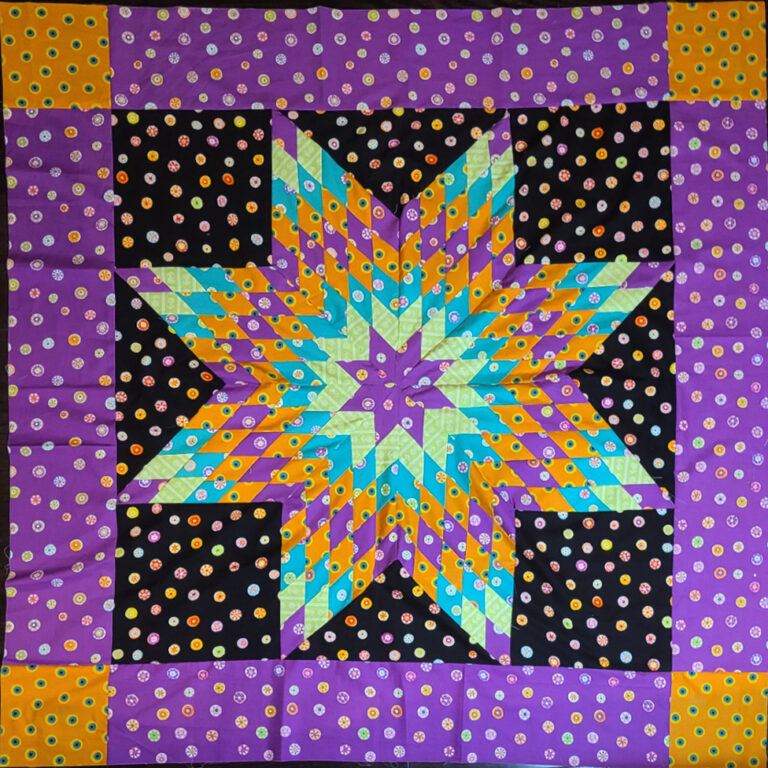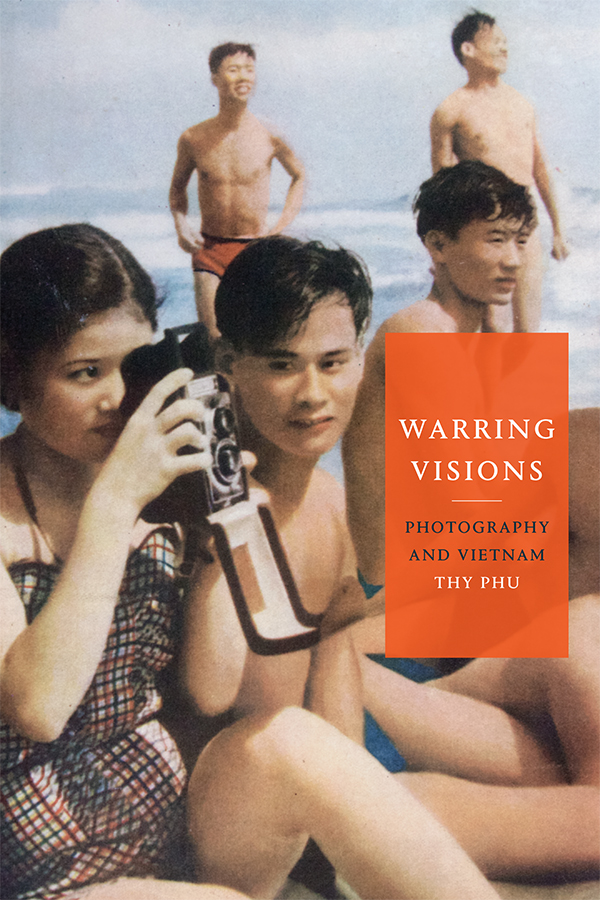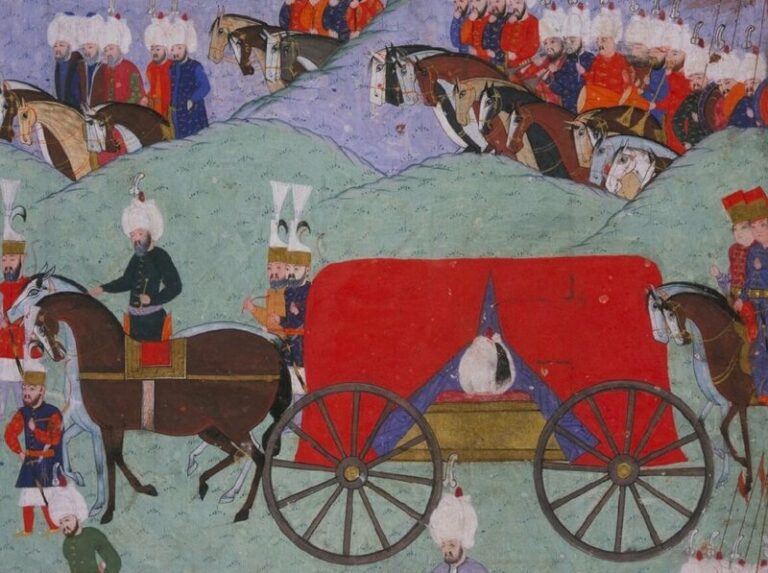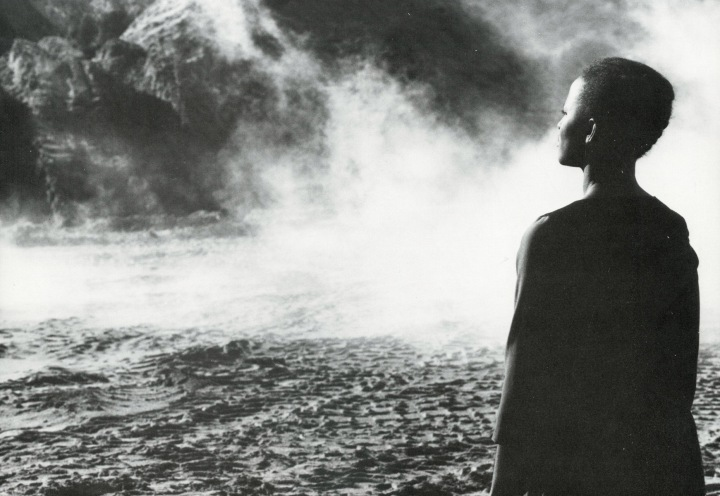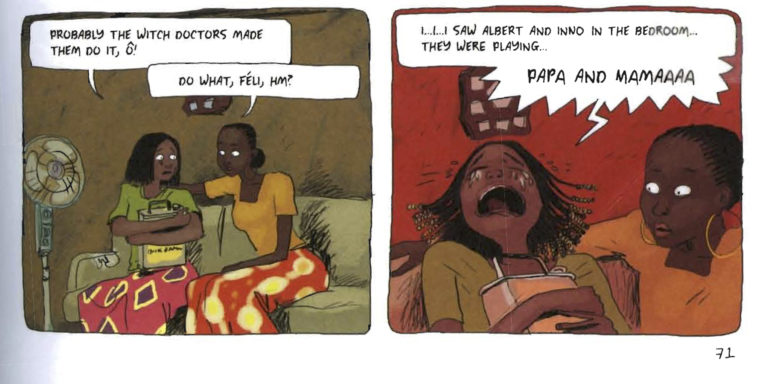This dossier collects four reflections on The Black Shoals: Offshore Formations of Black and Native Studies (2019) with responses by its author Tiffany Lethabo King. This dossier is based on an American Studies Association 2021 roundtable organized by Beenash Jafri.
Keyword: diaspora
Review of Warring Visions: Photography and Vietnam by Thy Phu (Duke University Press)
Thy Phu’s Warring Visions: Photography and Vietnam draws on archives of the Vietnam War that center Vietnamese perspectives to complicate the historical and contemporary visual representation of Vietnamese identities that have been filtered through the Western narrative of the Vietnam War. Her book emphasizes the significance of typically denigrated visual materials including propaganda and vernacular photographs. She focuses on the complex deployment and reception of photographic objects as politicized symbols, sources of memorialization, and identity formation.
Review of Tehrangeles Dreaming: Intimacy and Imagination in Southern California Iranian Pop Music by Farzaneh Hemmasi (Duke Press)
Tehrangeles Dreaming is the first book about the Tehrangeles music industry, that is, the Iranian diaspora music industry brought to life by the expatriate Iranian artists and music producers who settled in Los Angeles and Southern California after the 1979 Iranian revolution. Farzaneh Hemmasi uses an ethnographic approach in combination with an analysis of diaspora media discourse in order to “examine expatriate imaginations of influence on, and intimacy with, their global Iranian audiences” (26). At its core, the book deals with the imagining and reimagining of Iranian identity by the artistic community that creates music and media content for Iranians in Iran and across the world.
Opposing A Spectacle of Blackness: Arap Baci, Baci Kalfa, Dadi, and the Invention of African Presence in Turkey
The imaging of Africans in Turkey is indicative of the extant register of cultural understanding in the Turkish popular imagination regarding the imaginability, knowability, and understandability of Black form represented. In Turkish popular culture, the figures of the arap baci, baci kalfa, and dadi index this register. This essay takes the representation of Africans on Turkish popular television through the combined usage of blackface-like and drag-like techniques to configure the figures of the arap baci, baci kalfa, and dadi and juxtaposes it against the material ways Turks of African descent have found to figure themselves within the public sphere. This juxtaposition demonstrates how Blackness and Black form are not perennial processes but rather constructed measures that come into relief.
Political Blackness, British Cinema, and the Queer Politics of Memory
This essay queries “political Blackness” as a coalitional antiracist politics in England in the 1970s and 1980s. Contemporary debates on the relevance of political Blackness in contemporary British race politics often forget significant critiques of the concept articulated by feminist and queer scholars, activists and cultural producers. Through close readings of Isaac Julien and Maureen Blackwood’s The Passion of Remembrance and Hanif Kureishi’s Sammy and Rosie Get Laid, this essay examines cinematic engagements with political Blackness by foregrounding the gender and sexual fault lines through which queers and feminists articulated relational solidarities attentive to difference.
Minor Miracles: Toward A Theory of Novelty in Aya of Yopougon
This essay undertakes a reparative reading of Aya of Yopougon, a multivolume graphic novel by Marguerite Abouet and Clément Oubrerie. Setting Aya alongside other African comics and prevailing interpretations of African and Diasporic literatures, this interpretation coins the term “novelty” to describe the unique mode of representing subjects, space, and time in the text. This “novelty” situates Aya at the intersection of tendencies in African, European, and North American comics art, and it juxtaposes subtle renditions of everyday life with overdetermined representations of African societies and Africans in Diaspora. The essay also articulates the relevance of novelty for feminist, queer, and postcolonial theories, comics scholarship, and Diaspora Studies.
